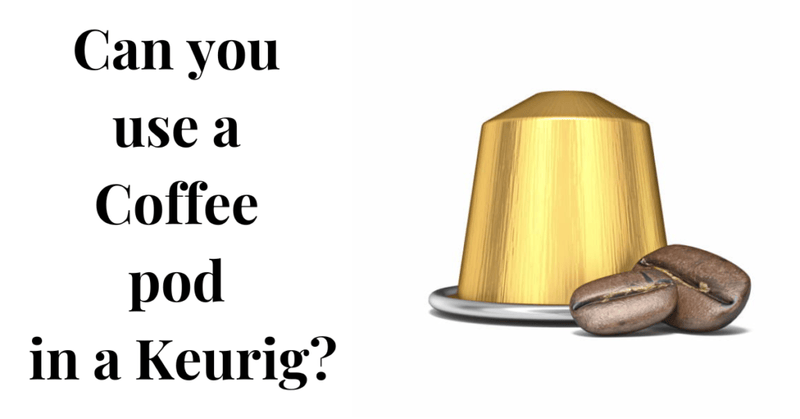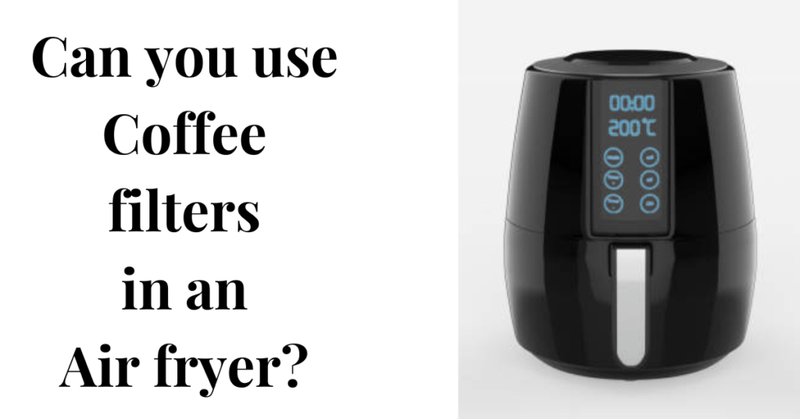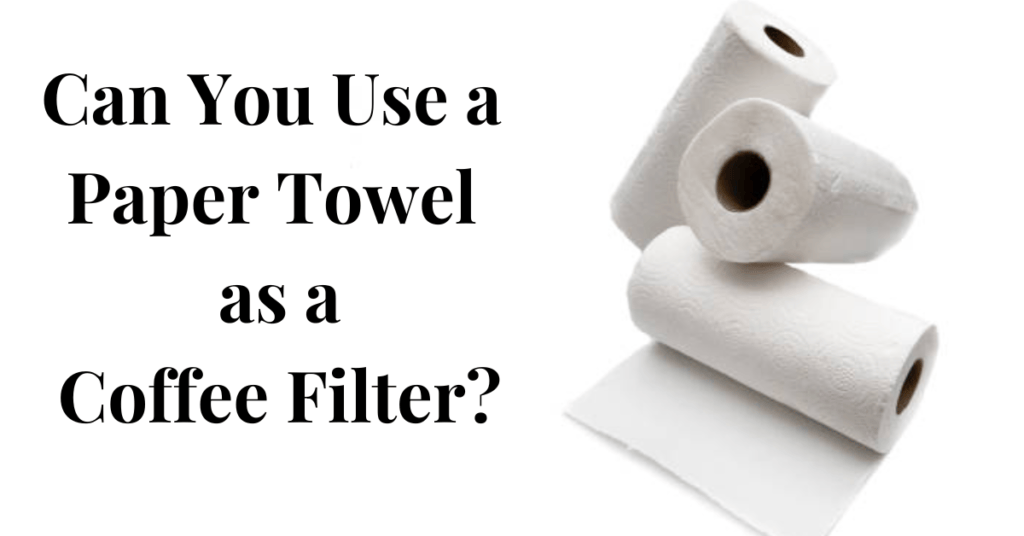Filter coffee stands out due to its unique drip or immersion brewing method. Knowing How is Filter Coffee different from Regular coffee helps appreciate its smooth, less bitter taste. Proper use of the right change coffee filter ensures clarity, removes sediment, and enhances the nuanced flavors cherished by coffee enthusiasts.
As an affiliate site, we are associated with the amazon. We might receive a commission when you use links or recommendations on our website to make qualified purchases. The cost you pay for the goods or services is unaffected by this.
Table of Contents
How is Filter Coffee different from Regular? Are all coffee filters the same?

No, all coffee filters are not the same. Understanding How is Filter Coffee different from Regular helps highlight that filters vary in material, size, shape, and intended use, significantly impacting the brewing process and the final taste of the coffee. Here’s a breakdown:
- Material: Coffee filters can be made from paper, cloth, metal, or even plastic. Paper filters are the most common, known for their ability to trap fine particles and oils, resulting in a cleaner cup. Cloth filters, like those used in some pour-over methods, allow more oils to pass through, creating a richer brew. Metal filters, often found in reusable options, allow more oils and sediment to pass through, resulting in a fuller-bodied cup.
- Size and Shape: Filters come in various sizes and shapes to fit different brewing devices. For instance, cone-shaped filters are commonly used in pour-over methods, while flat-bottomed filters are used in drip coffee makers. The size and shape of the filter can affect the extraction process and the contact time between water and coffee grounds, influencing the flavor and strength of the brew.
- Intended Use: Filters are designed for specific brewing methods, such as drip coffee makers, pour-over cones, French presses, AeroPress, and espresso machines. Each brewing method requires a different type of filter to optimize the extraction process and produce the desired flavor profile. Using the wrong filter for a particular brewing method can result in over-extraction, under-extraction, or off-flavors.
- Environmental Impact: Consideration of environmental factors is increasingly important. While paper filters are convenient and disposable, they contribute to waste. Reusable options like metal or cloth filters offer a more sustainable alternative but require proper maintenance and cleaning.
- Cost and Accessibility: The cost and availability of filters vary depending on the material and brand. Paper filters are generally inexpensive and widely available, while reusable filters may have a higher upfront cost but can save money in the long run.
In summary, the choice of coffee filter can significantly impact taste, environmental impact, and brewing experience. Knowing How is Filter Coffee different from Regular helps coffee enthusiasts understand how different filters affect flavor, allowing them to tailor their brewing method to achieve the desired profile and sustainability goals.
Is filter coffee the best?

Determining whether filter coffee is the “best” is subjective and depends on individual preferences, brewing methods, and desired flavor profiles. Understanding How is Filter Coffee different from Regular helps highlight its unique qualities. Properly filtred coffee delivers clarity, smoothness, and nuanced flavors that many coffee enthusiasts truly appreciate.
- Clarity of Flavor: Filter coffee typically produces a cleaner, more nuanced flavor profile compared to other brewing methods. The filtration process removes sediment and oils, resulting in a smoother cup with fewer bitter notes. This clarity allows the unique characteristics of the coffee beans to shine through, showcasing their origin, varietal, and processing method.
- Customizable Brewing: Filter coffee offers a wide range of brewing methods, including pour-over, drip, AeroPress, and immersion techniques like French press. Each method allows for precise control over variables such as water temperature, grind size, brewing time, and the coffee-to-water ratio. This flexibility enables coffee enthusiasts to tailor their brewing process to achieve their preferred taste and strength.
- Consistency: Filter coffee brewing methods often provide more consistent results compared to other techniques like espresso, which require precise pressure and temperature control. With proper technique and equipment, filter coffee can be brewed consistently, batch after batch, ensuring a reliable and predictable drinking experience.
- Health Benefits: Filter coffee is generally regarded as a healthier option compared to unfiltered coffee methods like French press or espresso. The filtration process removes cafestol and kahweol, two compounds found in coffee oils that can raise cholesterol levels. Filtered coffee is also lower in acidity, which may be gentler on the stomach for some individuals.
- Accessibility: Filter coffee is widely accessible and can be brewed at home with basic equipment such as a drip coffee maker, pour-over cone, or AeroPress. Specialty coffee shops also offer a variety of filter coffee options, allowing consumers to explore different origins, roasts, and brewing techniques.
While filter coffee offers many advantages, it may not be the preferred choice for everyone. Understanding How is Filter Coffee different from Regular coffee helps explain its unique taste and brewing process. Some enjoy espresso’s intensity or instant coffee’s convenience, but experimenting with methods and beans helps discover the ideal cup.
What is filter coffee?
Filter coffee refers to a method of brewing coffee where hot water is poured over ground coffee beans, allowing the water to boil water and filter through a porous medium, typically a paper, cloth, metal, or plastic filter. This process separates the brewed coffee from the grounds, resulting in a clean, flavorful cup.
Filter coffee can be made using various brewing techniques, including drip coffee makers, pour-over cones, AeroPress, and French presses. Knowing How is Filter Coffee different from Regular coffee helps appreciate its clarity of flavor and smooth texture. For beginners, understanding How is Filter Coffee different from Regular coffee guides the choice of beans and brewing method for the best results.
What is regular coffee?
“Regular coffee” is a broad term that typically refers to coffee brewed using conventional methods, such as drip coffee makers, percolators, or French presses. Understanding How is Filter Coffee different from Regular coffee highlights the differences in flavor and texture. Using a metal filter can also enhance extraction and reduce sediment for a cleaner cup.
Regular coffee can vary in strength, flavor profile, and brewing time depending on factors such as the type of coffee beans used, grind size, water temperature, and brewing equipment. It is a popular and versatile beverage enjoyed by millions worldwide.
Is filter coffee the same as ground coffee?

Filter coffee and ground coffee are related but not the same. “Ground coffee” refers to coffee beans that have been processed into a coarse or fine powder form suitable for brewing. This ground coffee can be used in various brewing methods, including filter coffee, espresso, French press, AeroPress, and more.
“Filter coffee,” on the other hand, specifically refers to a method of brewing coffee where hot water is poured over ground coffee beans, allowing the water to filter through a porous medium (such as a paper, cloth, metal, or plastic filter) to separate the brewed coffee liquid from the coffee grounds.
Understanding how is Filter Coffee different from Regular coffee clarifies that while filter coffee uses ground coffee, not all ground coffee is brewed this way; it can also be used for other methods like espresso.
In summary, while ground coffee can be used to make filter coffee, the term “ground coffee” encompasses a broader range of coffee beans processed into a powder form suitable for brewing in various methods beyond just filter coffee.
FAQS || How is Filter Coffee different from Regular
Is filter coffee better for you?
According to CNN, filtered coffee may offer significant health benefits. A study found that drinking filtered coffee was associated with a 15% reduced risk of overall mortality. Men who consumed filtered coffee showed a 12% lower risk of death from cardiovascular disease, while women experienced a 20% decrease in the risk of death from heart disease compared to non-coffee drinkers. These findings suggest that filtered coffee could be a healthier choice for coffee drinkers.”
What is so special about filter coffee?
According to Quora, filter coffee stands out due to its strength, aroma, and taste. Traditionally brewed with simple equipment, it offers a straightforward method for making robust coffee, ideal for blending with milk and sugar to suit individual preferences.”
Why is filter coffee expensive?
The flexibility it offers allows coffee aficionados to personalize their coffee experience, crafting a cup tailored precisely to their tastes. While filter coffee may seem pricier than instant alternatives due to the need for specialized equipment and fresh coffee beans, its devotees view it as a worthwhile investment in quality and customization.”
What are the disadvantages of filter coffee?
One drawback is that coffee brewed with metal filters may contain higher levels of cafestol, an oil linked to increased cholesterol. This can be seen as a potential disadvantage for those concerned about their cholesterol levels.”
Bottom Part
In conclusion, filter coffee stands apart from regular brews, and knowing How is Filter Coffee different from Regular helps highlight its unique qualities. Through proper filtration and selecting the right coffee filter size, it achieves a smoother, less bitter taste, accentuating clarity and subtle flavor nuances appreciated by discerning coffee connoisseurs.







